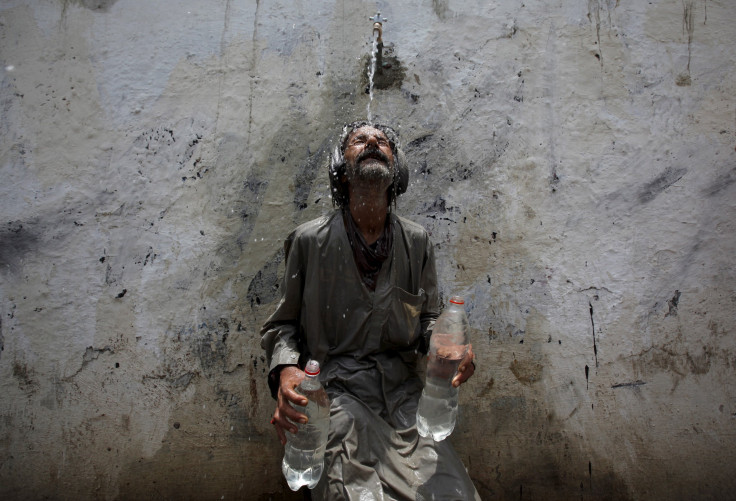Pakistan simmering under climate change effects

The megacity of Karachi in Pakistan is under siege of a dangerous heatwave, with residents facing deadly water shortages and unable to procure basics such as bread that have become too costly. This dystopian scenario has become a reality in Pakistan – a country nearing population explosion and losing its northern glaciers to rising global temperatures. The warning signs have already arrived, with cataclysmic floods that left millions displaced, and a catastrophic heatwave that left more than 1,200 dead in June 2015.
It is worth noting that Pakistan’s severe energy shortage leading to slower economic growth and recurrence of socio-political violence leaves the environment a little discussed subject. In the past century, Pakistan has recorded a temperature rise of 1.9 degrees Celsius. This has resulted in “glof” – glacial lake outburst floods, which are caused by abrupt breaches in the dams of such lakes.
“When we would come here 25 years ago, the glacier reached that rock up there,” explained Javed Akhtar, indicating an area some 500 metres from the tip of the ice, The Tribune reports. A villager, he has been employed to measure the effects of climate change by a team of glaciologists.
Rising temperatures have also led to quick exhaustion of surplus water stored in reservoirs. Ghulam Rasul, director general of Pakistan’s Meteorological Department, said, “The supply is not sufficient. If the glaciers were to one day disappear, we would be totally dependent on the monsoon. Already it varies; all this has an impact on food security,” according to the Tribune report. Karachi draws most of its water from the river Indus, which as it is fails to secure even half of the city’s daily requirement of four billion litres.
The UN predicts Pakistan’s population to surge past the 300 million mark by 2050. While similar numbers are predicted for China, India, Indonesia and the US, Pakistan’s glacial melting, such as the Passu glacier in north Pakistan, poses a unique problem.
Contact the writer at feedback@ibtimes.com.au, or let us know what you think below





















